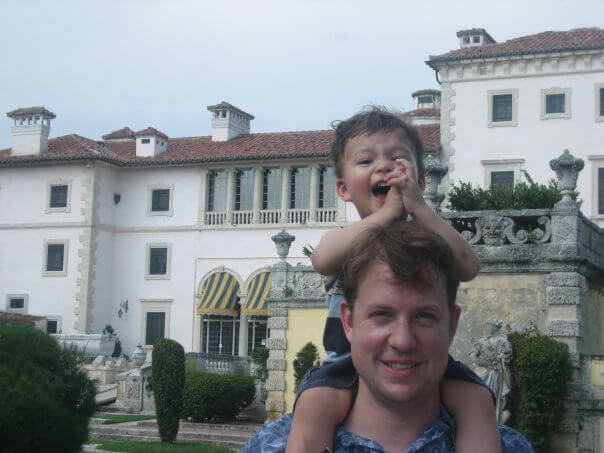As women become more involved in the workplace, the traditional roles of parenting evolve. As the traditional roles merge, fatherhood and the roles of fathers transform. As the father’s roles become more extensive, pediatricians, scientists, and researchers have recognized that fathers are more important to their child’s health and well-being than previously realized.
One study found that kids who grew up spending ample time with their fathers were more likely to be independent, intelligent, socially aware and less likely to have behavioral or psychological problems. Another study in the journal Development and Psychopathology (2012) found that father-daughter involvement reduced the chances of early sexual experiences and teen pregnancy.
The role of fathers has been in the process of changing over the last couple of decades as each generation of fathers has become more inherently involved. According to the U.S. Census Bureau, fathers make up 16% of American single parents (1.9 million) and nearly 200,000 men are stay-at-home dads. This report defines fatherhood as male adults who are most invested in the care of a child, including biological, adoptive, step- or grandfather.
Associate professor, Dr. Craig Garfield, of Northwestern University’s Feinberg School of Medicine, and Dr. Michael Yogman, assistant clinical professor of pediatrics at Harvard Medical School published a report in the American Academy of Pediatrics about fatherhood and how pediatricians and doctors can help America’s 70 million fathers reach their full parenting potential.
After experiencing the exclusion new fathers face from pediatricians and their workplace, Dr. Garfield realized that researchers, doctors, pediatricians and all other healthcare providers should help new fathers learn how to be involved in prenatal and postpartum care. The earlier fathers get involved, the better as more involved fathers lead to improved academic performance and decreased behavioral issues.
Offering a new childbirth and pregnancy class focused on fathers, Dr. Garfield hopes that his “Fatherhood 101” class will help reduce fathers’ fears and inform them of the role they play in child and family well-being.
The focus of the class is to prepare fathers to be more engaged and comfortable with their newborns and postpartum wives. Throughout the class, Dr. Garfield discusses how fathers can help their partners with breastfeeding, whether it be through support, positioning the baby, and keeping mom fed and hydrated. Dads-to-be learn how to cradle their infants and how to practice the calming and bonding technique of skin-to-skin contact. Dr. Garfield also teaches the fathers how a newborn’s developing brain benefits from hearing their father’s voice and encourages dads to talk and read to their babies often.
Early father involvement increases father-child relationships and sets children up for a happier and healthy life. Studies suggest that children who are raised with involved fathers acquire better language skills, have higher self-esteem and better grades, have lower rates of truancy and other behavioral issues, are less likely to suffer from depression and anxiety, and have lower chances of becoming a teenage parent.
Above all, it is important for parents to remember that each partner needs to be hands-on and engaged. Mothers and fathers are a team, and they should rely on each other for support and guidance.

